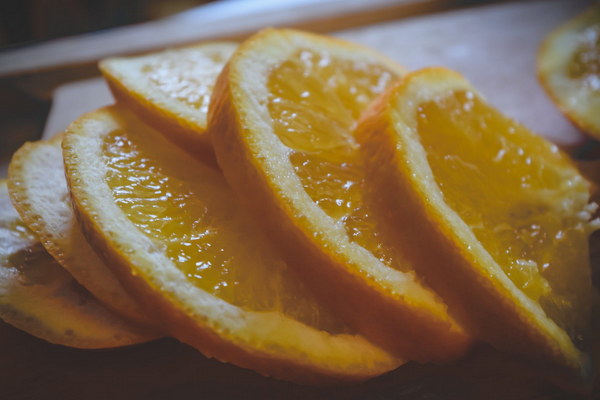Unlocking Health The Power of Traditional Chinese Medicine in Eliminating Dampness Within
In the realm of traditional Chinese medicine, the concept of dampness within the body, known as Shi, is a common ailment that can lead to a variety of health issues. Dampness is believed to be caused by an imbalance in the body's fluids, leading to symptoms such as fatigue, weight gain, and digestive problems. This article explores the role of Chinese herbal medicine in addressing dampness and restoring balance to the body.
The Art of Chinese Herbal Medicine
Chinese herbal medicine has a long-standing history, with roots dating back thousands of years. Based on the principles of yin and yang, and the concept of meridians, this ancient practice aims to restore balance within the body. In the case of dampness, the focus is on eliminating excess moisture and promoting the flow of qi (vital energy) to alleviate symptoms and prevent disease.
Understanding Dampness
Dampness can manifest in various ways, and its symptoms can vary from person to person. Common signs include:
- Weight gain or difficulty losing weight

- Feeling heavy, achy, or stiff in the joints
- Persistent fatigue
- Digestive issues, such as bloating, gas, and diarrhea
- Poor appetite
- Excessive mucus production
- Edema or swelling
The Importance of Diet and Lifestyle
In addition to using herbal medicine, it's crucial to address diet and lifestyle factors that contribute to dampness. This includes avoiding excessive consumption of cold, damp, or sugary foods, and incorporating warming, drying, and draining foods into the diet. Regular exercise, adequate sleep, and stress management are also important in combating dampness.
Popular Chinese Herbs for Eliminating Dampness
Several Chinese herbs are commonly used to treat dampness, and they work together to address the root cause of the imbalance. Here are some of the most popular herbs:
1. Cinnamon (Rou Gui): This warming herb helps to dispel cold and dampness, and improve blood circulation.
2. Atractylodes (Cang Zhu): Atractylodes is known for its drying and draining properties, making it effective in reducing dampness and improving digestion.
3. Astragalus (Huang Qi): This herb strengthens the immune system and helps to boost energy, aiding in the elimination of dampness.
4. Poria (Fu Ling): Poria is a powerful dampness-dispelling herb that also helps to improve kidney function and reduce edema.
5. Peony (Bai Shao): Peony has a cooling property and is used to relieve pain and inflammation associated with dampness.
Herbal Remedies for Dampness
A practitioner of Chinese herbal medicine will tailor a formula specifically for the individual's needs, combining various herbs to address the unique symptoms of dampness. Here are a few examples of herbal remedies for dampness:
- Dampness with coldness: A formula may include cinnamon, atractylodes, and ginger to warm and disperse the dampness.
- Dampness with heat: Herbs like peony and bupleurum may be added to a formula to cool the body and reduce inflammation.
- Dampness with weakness: Astragalus and codonopsis can be included to support the immune system and boost energy levels.
Conclusion
The use of Chinese herbal medicine to eliminate dampness within the body offers a natural and holistic approach to addressing this common ailment. By combining the wisdom of traditional practices with a focus on diet and lifestyle, individuals can restore balance and improve their overall health. If you suspect dampness is affecting your well-being, consulting with a qualified practitioner of Chinese herbal medicine is a great place to start.









